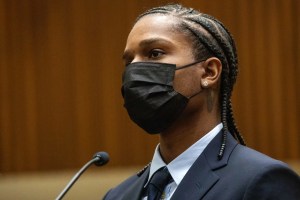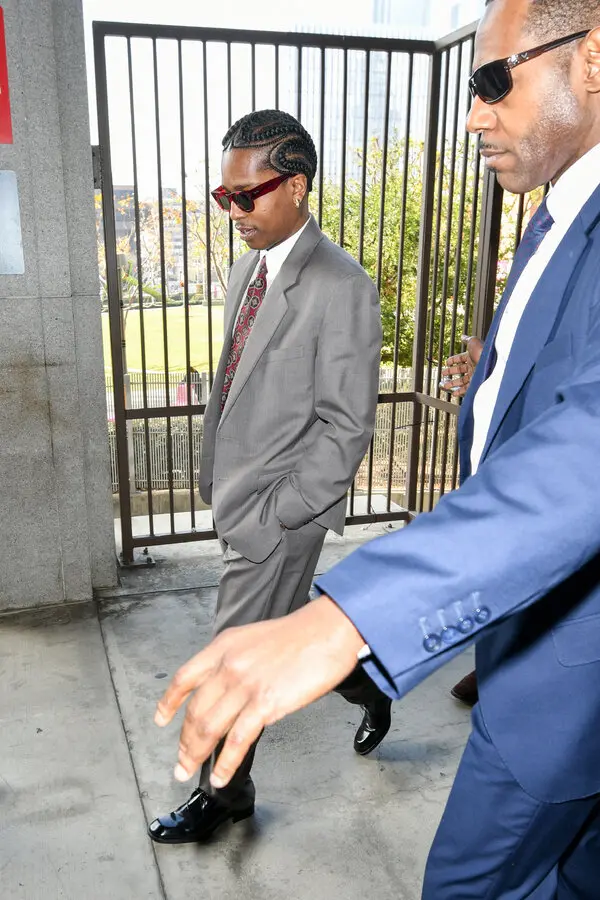
In a significant legal victory, rapper A$AP Rocky, born Rakim Mayers, achieved acquittal of all charges. This happened in his felony assault trial in Los Angeles. The jury delivered a unanimous not guilty verdict. This decision cleared him of two counts of assault with a semiautomatic firearm. A trial that spanned nearly four weeks concluded, captivating public attention.
The charges originated from a 2021 incident. A$AP Rocky was accused of firing a gun at his former friend and collaborator, Terell “A$AP Relli” Ephron. This occurred during a confrontation in Hollywood. Ephron alleged that Rocky shot at him, causing a minor injury to his hand. However, the defense argued that no physical evidence was recovered. Items like the firearm or bullet casings to substantiate these claims were missing. They suggested that the alleged weapon might have been a prop gun, casting doubt on the prosecution’s assertions.
Throughout the trial, A$AP Rocky maintained his innocence, even rejecting a plea deal that would have reduced potential sentencing. His legal team was led by attorney Joe Tacopina. They emphasized inconsistencies in the prosecution’s case. The team highlighted the absence of concrete evidence linking Rocky to the alleged shooting.
The trial also drew attention because Rihanna was present. A$AP Rocky is her partner, and she attended the proceedings to support him. Her appearances underscored the high-profile nature of the case and the personal stakes involved.
Following the verdict, A$AP Rocky expressed profound gratitude to his supporters and the jury, stating, “Thank y’all for saving my life.” The acquittal spares him from a potential 24-year prison sentence. It also allows him to continue his career and personal life without the shadow of these serious allegations.
This case adds to A$AP Rocky’s complex legal history, including a 2019 assault conviction in Sweden. Despite past controversies, the rapper’s recent exoneration reinforces the principle of “innocent until proven guilty.” It also highlights the challenges of prosecuting cases lacking significant physical evidence.

